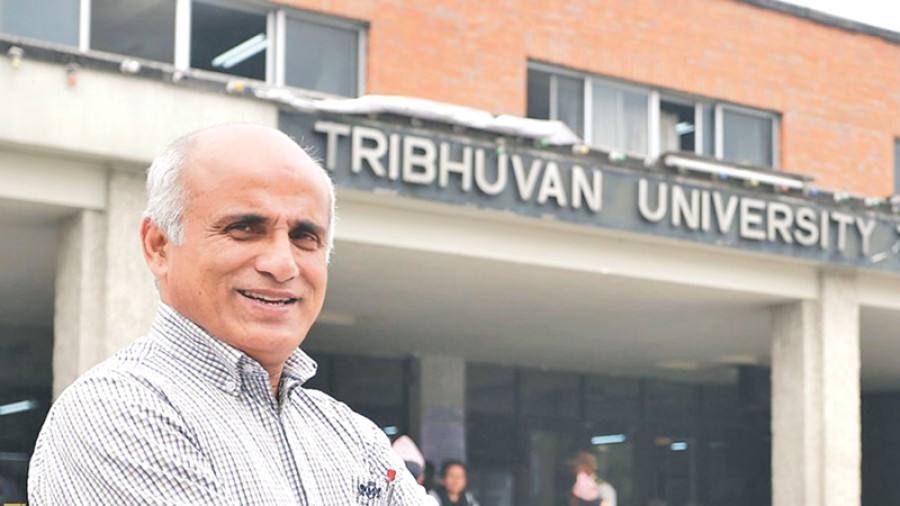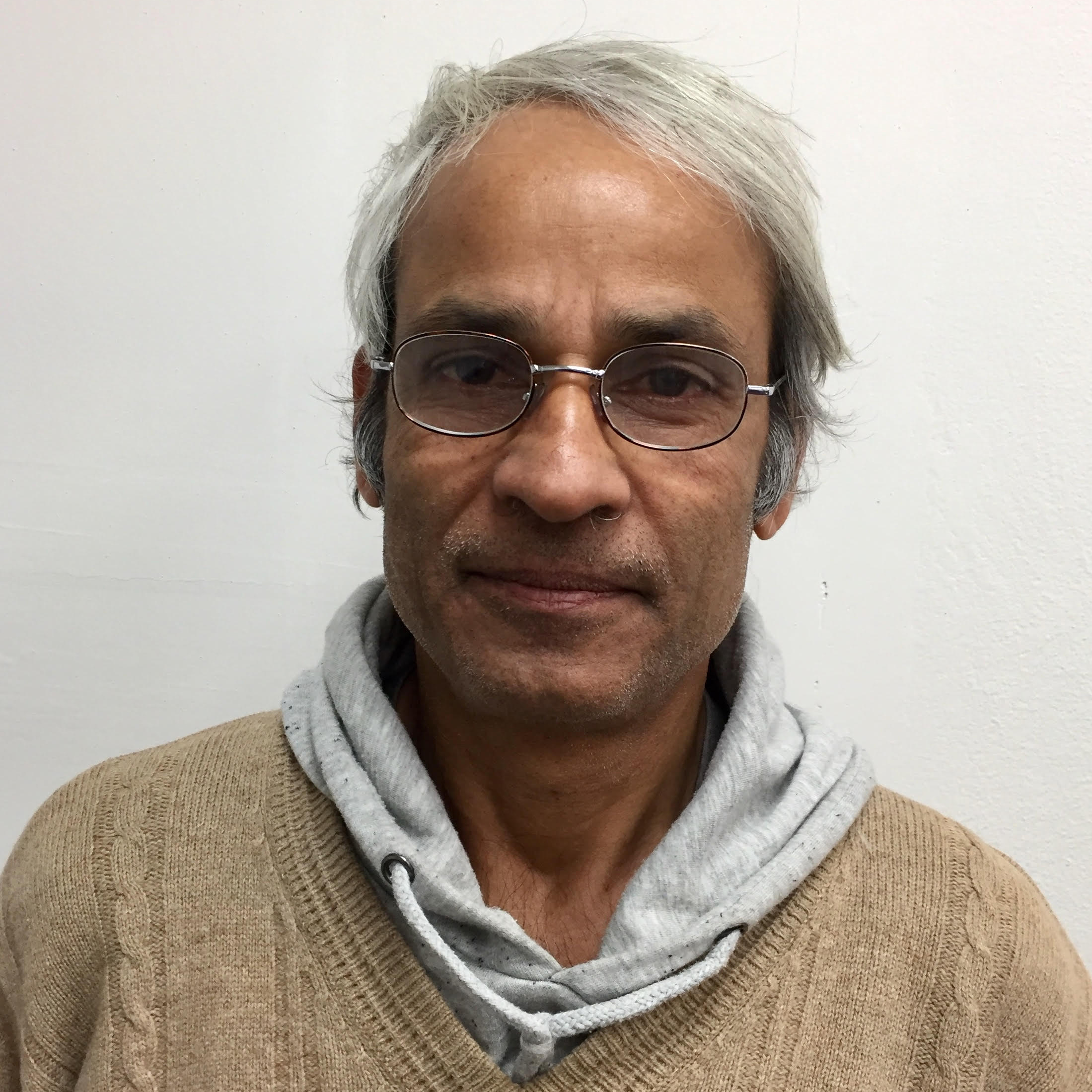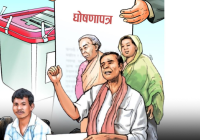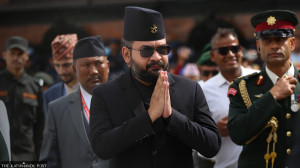Opinion
A sick system
Dr KC’s campaign to reform the country’s medical education sector deserves widespread support
Jagannath Adhikari
It is a national shame that Dr Govinda KC has had to stage a fast-unto-death for the 10th time. The lackadaisical attitude of all the governments to implement or fulfil the demands that they had previously agreed on indicates that there is a nexus between the political class, corrupt authorities and private medical mafias who are hell-bent on making money unethically. This nexus is making the country’s medical education sector sick. How can we expect such medical education to contribute to quality health service for all—a national goal?
There is a well-designed campaign to project Dr KC as anti-market, undemocratic and anti-national. His demands are seen as political and unrelated to medical issues. But we need to recognise that political corruption in Nepal has affected all aspects of society, including medical education. The political class in Nepal has shown greater interest in medical education, as there is an opportunity in the sector to make a hefty sum of money through corruption. As such, cleaning medical education is and should be a political project.
There is clear evidence that medical education should not be left solely to the market’s discretion, especially in a society where the market does not function well. Nepal belongs to this category. Dr KC’s demands like greater government involvement in medical education, avoidance of Kathmandu-centric medical education and services, and expansion of medical education to other parts of the country are quite relevant. In fact, this expansion of health education and services to rural and hitherto unserved areas will help fulfil the government’s agenda of quality health services to all. From this perspective, it is hard to understand why governments and political parties are hesitant to support Dr KC and implement the agreed-upon demands.
In the absence of universal access to medical services, the urgent task is to provide easy access to inexpensive and quality medical services. Rural areas still lack basic health services. Quality services are available in Kathmandu and a few other cities, but they are very expensive. And it is the costly private medical education that makes medical services expensive.
Greater social good
The basic assumption that market competition will help make medical education inexpensive and of good quality has not turned out to be true. While the cost of such an education is rising, the quality of education has deteriorated. The syndicate of private medical schools and their links with politicians mean that the political class is not interested in regulating the private medical education properly. Rather, it has been a source of income for them. Accordingly, they pay lip service to Dr KC’s agenda for some time, and then either dilute them or forget about them altogether.
This time around, the government and some media outlets have projected Dr KC’s demand as an outcome of his dissatisfaction with the new dean of the Institute of Medicine (IoM). This has been done to belittle him and his cause. In fact, he is after establishing a system in which vested political interests cannot play a role. Moreover, if the IoM can be kept in order, there will be less chance of corruption in medical colleges affiliated to it.
Given the poor state of health services in Nepal, more investment is needed in this sector. But the question is whether this investment should come from the government or from profit-making private institutions. If private institutions are given priority, another tricky question that arises is whether their goal should be to produce healthcare professionals that a population needs, or to make profits. In our case, it is clear that the focus in on the latter. Dr KC is fighting for producing medical graduates in a way that serves the needs of the general Nepali population. On the other hand, private medical education providers are focused on profit maximisation. The nexus between these service-providers and the politicians has been preventing reform in this sector. This is seen clearly in the government’s delaying tactics in not implementing even the agreed-upon demands.
Involvement of the private sector in medical education and services—and for that matter in all sectors—is obviously important. It can bring efficiency in running specialised fields where the government cannot always allocate enough resources. Many countries have permitted private profit-making agencies to become involved in medical education, but they have been efficient in delivering quality services in cost-effective ways. Private universities have run the world’s best medical colleges, but they are not profit-making institutions. The question then arises as to why private medical colleges in Nepal take exorbitant fees, but give poor quality education. Dr KC’s protest is to resolve this problem by making a system where private colleges take some social responsibility and provide cost-effective quality health services.
Support from all
It is also important to think about other modalities of running medical education institutions. At present, Nepali policy makers are concerned with either fully
government-owned or totally profit-oriented medical colleges. There is yet another
modality under which the government provides infrastructure for medical colleges in the hitherto unserved locations, and then allows a professional management committee or the community to run the college and meet the operating costs. It will help reduce the cost of education drastically and allow only committed individuals to
undertake the training.
Moreover, in such colleges, quality need not be compromised for the sake of profit. Graduates of such colleges can be asked to serve in rural areas for a certain number of years as a mandatory requirement in exchange for their admission to the college. Again, even under such a modality, a proper system needs to be established, as Dr KC has been demanding, so that the corrupt political class cannot interfere in its management.
The defeat of Dr KC’s agenda will be costly for our society. It will also discourage other social campaigners. Hence, he needs support from all of us.
- Adhikari is a human geographer with an interest in development planning




 13.12°C Kathmandu
13.12°C Kathmandu










